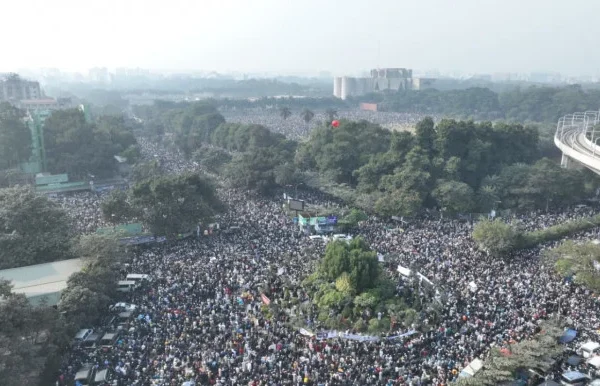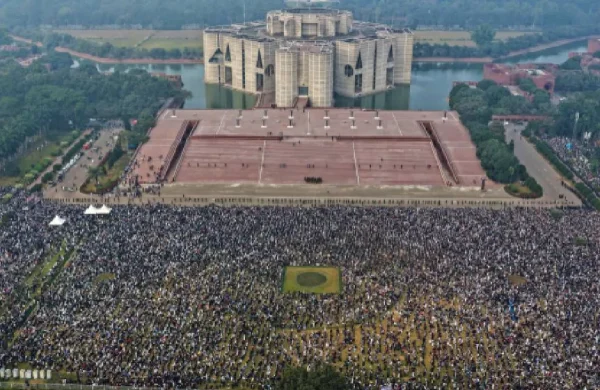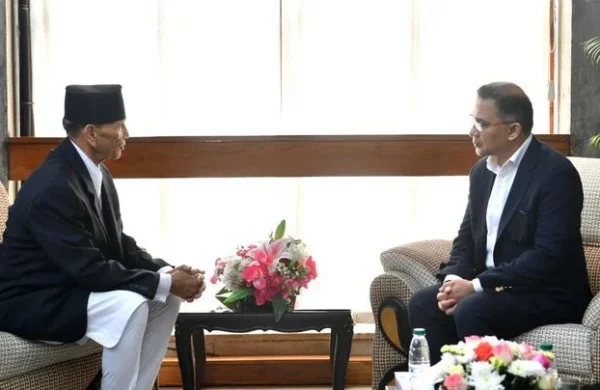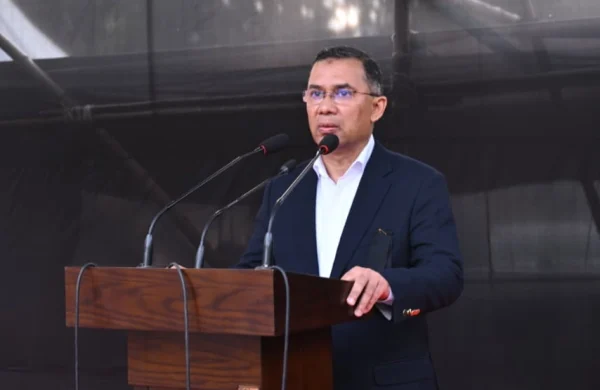Bangladesh needs secure cotton sources to maintain export flow, avoid trade war risks: Experts
- Update Time : Monday, April 7, 2025

TDS Desk:
Bangladesh is poised to become the world’s largest cotton importer in the current fiscal year, driven by its strategic geopolitical position and a shifting global trade environment, according to industry insiders and trade experts.
They, however, caution that the ongoing geopolitical challenges may threaten a steady cotton supply, potentially disrupting the country’s vital export sector.
In this context, Foreign Affairs Adviser Md Touhid Hossain said, “We are considering importing cotton from the US, to minimise the trade gap with the country and encourage the US agriculture production.”
He noted that increased cotton imports from the US could mutually benefit American suppliers and Bangladeshi businesses, while also safeguarding Bangladesh from potential tariff pressures under a Trump administration.
“The US government will hesitate to impose tariffs on goods made in Bangladesh, while Bangladesh imports more cotton from the country,” he said during a recent discussion meeting.
The United States Department of Agriculture (USDA) has forecast that Bangladesh will overtake China in cotton imports during FY2024-25.
Cotton is a crucial raw material for Bangladesh’s ready-made garment and textile sector.
According to the USDA’s latest report, Bangladesh is expected to import 7.8 million bales of cotton this year, up from over 7.5 million bales in FY2023-24. Globally, cotton imports are projected to reach 42.4 million bales during FY2024-25, with Bangladesh, China, Vietnam, and Pakistan accounting for 65 percent of that total.
China is expected to import 8 million bales, Bangladesh 7.8 million, Vietnam 7.1 million, and Pakistan 4.8 million bales.
Despite the optimistic import forecast, local textile mill owners report that many factories are operating below capacity due to a persistent gas crisis.
Showkat Aziz Russell, President of the Bangladesh Textile Mills Association (BTMA), said Bangladesh has reduced incentives for parts of the garment sector and suspended Indian yarn imports through land ports.
He believes this will bolster domestic textile production in the coming months.
“Bangladeshi textiles are producing world-class yarn, which is best for good quality fabrics. So stopping low-quality yarn through land ports was a threat to domestic textiles and Bangladesh to compete with global producers,” Russell said.
He stressed that a stable cotton supply chain is essential to maintaining Bangladesh’s export flow, and that the US market could serve as a strong option.
Russell added that as Bangladesh leads the world in cotton-based manufacturing, it is natural that the country will also be the top global cotton importer.
Muhammad Ayub, General Secretary of the Bangladesh Cotton Association, emphasised the need for uninterrupted cotton import sources to ensure timely delivery of export orders.
“Our country is importing around 50 percent of cotton from African countries, but war and other crises are increasing in the African countries,” he said.
“The US will be a good source of importing cotton if the price is competitive to avert the difficulties of tariff war or trade war,” Ayub added.
He further stressed the importance of diversifying sources and boosting domestic cotton production through high-yield varieties to cushion against future global supply shocks.
Dr Md Fakhre Alam Ibne Tabib, Executive Director of the Cotton Development Board, told UNB that cotton is being cultivated on 46,000 hectares of land this year, with a production target of 228,000 bales (each weighing 182 kg). Last year, 210,000 bales were produced from 45,150 hectares.
He noted that Bangladesh’s annual cotton demand stands at around 8.5 million bales, with approximately 8.3 million bales requiring import each year. This import volume costs the country roughly Tk35,000 crore.
Highlighting the sector’s scale, Tabib said that primary investment in Bangladesh’s textile and clothing industry exceeds US$22 billion, contributing 13 percent to GDP.
The sector includes 1,849 BTMA-member mills and accounts for over 86 percent of national export earnings. Cotton fibres make up 71 percent of materials used, with non-cotton fibres comprising the remaining 29 percent.













